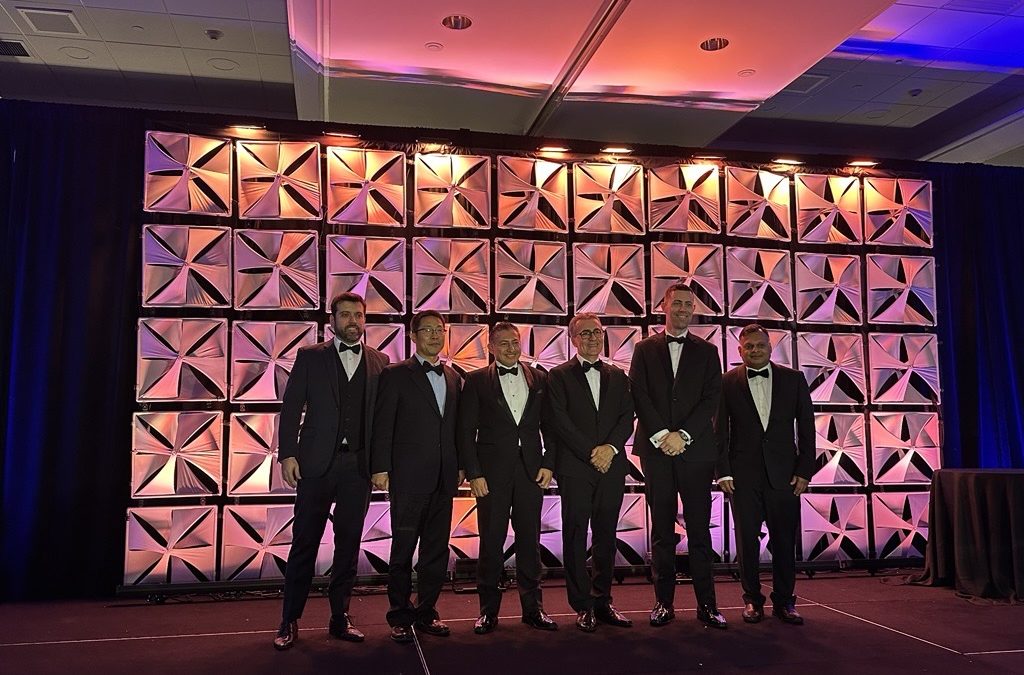PSA to take Opel/Vauxhall to new profitability as 2nd largest European car manufacturer
Olivia Walker | Principal Consultant | Visionary Innovation Group
 GM selling Opel/Vauxhall and PSA buying it is an action grounded in good business sense – one that is anchored in cost efficiency, brand identity and profitability. The deal includes the Opel and Vauxhall brands, 6 assembly and 5 component-manufacturing facilities and one engineering centre – totalling 40,000 employees. GM has failed to make a profit in Europe since 1999, resulting in a loss of close to $20 billion. PSA must now take on the mighty task of turning around the losses at Opel, manage 3 competing mass market car brands in Europe – a saturated market threatened by tempting finance or leasing deals coming from luxury brands – as well as drive critical cost efficiencies whilst throughout all of that, making an acquisition involving US, German, French and UK cultured businesses work as smoothly as possible. It is hard to imagine that on top of all that Mr Tavres will take on UK and German unions with immediate factory shut downs. Now is not the time for that, the next models are secure. Post Brexit, all bets are off – PSA’s likely future capacity in a peak market in France and Britain’s exit of the EU would make the 5,000 UK based workers’ futures highly unpredictable.
GM selling Opel/Vauxhall and PSA buying it is an action grounded in good business sense – one that is anchored in cost efficiency, brand identity and profitability. The deal includes the Opel and Vauxhall brands, 6 assembly and 5 component-manufacturing facilities and one engineering centre – totalling 40,000 employees. GM has failed to make a profit in Europe since 1999, resulting in a loss of close to $20 billion. PSA must now take on the mighty task of turning around the losses at Opel, manage 3 competing mass market car brands in Europe – a saturated market threatened by tempting finance or leasing deals coming from luxury brands – as well as drive critical cost efficiencies whilst throughout all of that, making an acquisition involving US, German, French and UK cultured businesses work as smoothly as possible. It is hard to imagine that on top of all that Mr Tavres will take on UK and German unions with immediate factory shut downs. Now is not the time for that, the next models are secure. Post Brexit, all bets are off – PSA’s likely future capacity in a peak market in France and Britain’s exit of the EU would make the 5,000 UK based workers’ futures highly unpredictable.
Synergies post PSA – Opel/Vauxhall deal a matter of time
Ananth Srinivasan | Senior Consultant | Mobility
For GM, the benefit from the deal is relatively straightforward – Offloading a company that has cost them hundreds of millions of $, and re-direct these resources to other profit pools (markets, technologies, products). For PSA however there are both opportunities and challenges. An immediate bump in PSA’s market share is expected, since after the acquisition PSA+Opel+Vauxhall will have the second largest share of the passenger car market in Europe. However, how they sustain and grow this share is wait-and-watch game for now. PSA and Opel have already been working closely on shared manufacturing, logistics, and procurement. For instance, two Citroën models to be debuted in Geneva will be manufactured at the Opel factory in Spain. This will include shared manufacturing costs, procurement benefits (economies of scale, vendor management), efficiency improvements in logistics. With this acquisition, PSA is more European than ever. As such a significantly higher portion of PSA’s revenues will be driven by the European market. Hence, we can expect PSA’s results in the future to be strongly dependent on European auto market volatility. PSA will take time, effort and energy to manage this acquisition.
In Tavares’ own words – “The value creation comes from the speed at which we would generate synergies, which would deliver Opel’s turnaround and at the same time improve the cost-competitiveness of PSA,” he said. “It’s a win-win for both companies, for Opel’s employees and for the countries related to these brands,” he said. That said, speed at which the plan of action post acquisition is executed will determine the magnitude of the success.
About Frost & Sullivan
Frost & Sullivan, the Growth Partnership Company, works in collaboration with clients to leverage visionary innovation that addresses the global challenges and related growth opportunities that will make or break today’s market participants. For more than 50 years, we have been developing growth strategies for the global 1000, emerging businesses, the public sector and the investment community. Contact us: Start the discussion
Contact:
Jana Schöneborn
Corporate Communications – Europe
P: +49 (0)69 77033 43
Twitter: @Frost_Sullivan or @FS_Automotive
Facebook: FrostandSullivan
Linkedin: Future of Mobility – A Frost & Sullivan Forum





